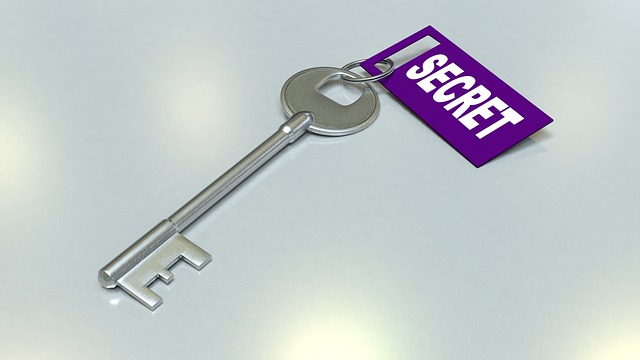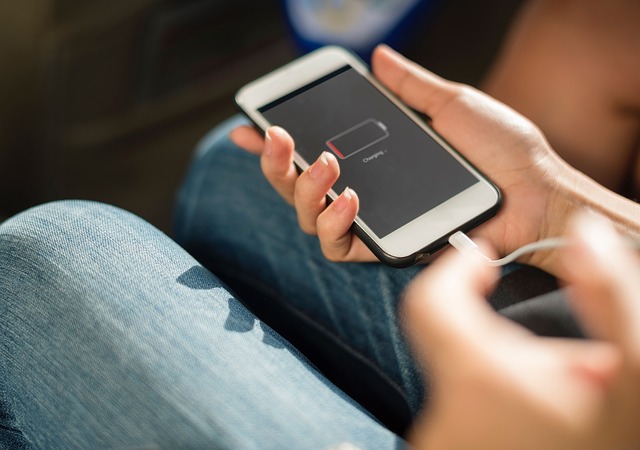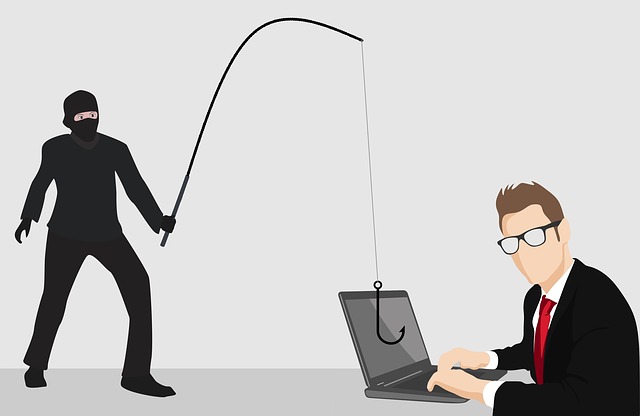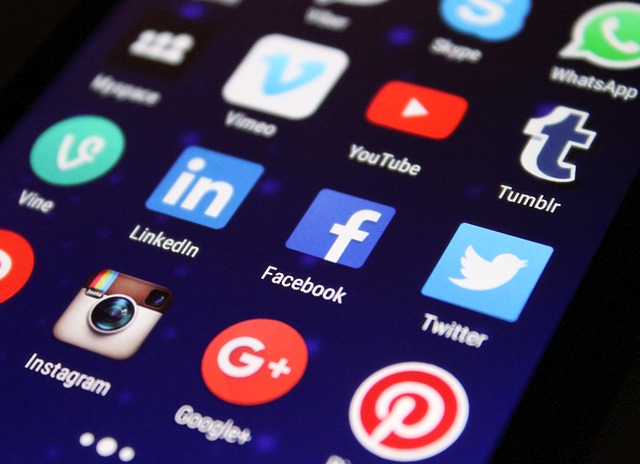Enjoy your holiday: our Top 7 cyber security tips!
Thanks to the TOP 7 by HTTPCS, find all the reflexes and tricks to adopt to protect you from Cyberattacks and leave serenely on vacation!
Before leaving for a well-deserved vacation, there is nothing more important than feeling safe. Although the holidays are there to disconnect us from everyday life, the temptation to share a photo, to check emails or to browse social networks remains ubiquitous. Just keep in mind that this period remains favorable to cyberattacks and that you should adopt certain reflexes to protect yourself. That’s why we’ve decided to present you HTTPCS’ Top 7 precautions to help you enjoy a stress-free summer!
1. Public WIFI is a hacker’s paradise

We all know the joy of finding an open Wifi network to connect to the internet when abroad. But do you know that by connecting to a public network, you may “expose” your personal data to malicious people? By connecting to social networks or to your mailbox, you allow fraudsters to access information that could be used against you. Be aware that it is also dangerous to carry out a banking transaction on these networks.
Also, be careful if you connect with your company’s email server as this could put it at risk as well.
HTTPCS Tip # 1: To ensure your security, consider installing a VPN (Virtual Private Network) on your laptop to ensure your privacy. The VPN will encrypt all the data that’s exchanged in order to secure your transactions. It will be difficult if not impossible for the hacker to recover and exploit them.
2. Be password smart!

Even if we all like to keep our passwords simple enough to be able to remember them, bear in mind how important each password is to ensure a complete protection of your personal data.
The recipe for a failsafe password:
- Minimum of 8 characters,
- Each password should include a mix of uppercase and lower-case letters,
- As well as numbers,
- And special characters.
Key point: do not use the same password on different sites!
No more rookie mistakes such as “password”, “123456” and the like…
HTTPCS Tip # 2: Remember to change each password regularly. In addition, enabling two-factor authentication will also help secure your data. As a result, if someone logs into your account from another device, you will be notified immediately by email or by phone. Thanks to these tips, you will remain master of your own data.
3. Beware of public chargers!

Cybercriminals have no rules or limits. If your battery goes flat, public chargers that can be found in almost all public areas (airports, train stations, shopping centers) could help recharge it but could also help pirates along the way. In fact, these public chargers and connectors can not only recharge your batteries but also access your personal data. As a result, your photos, videos, messages, e-mails but also your passwords can be stolen.
HTTPCS Tip # 3: Avoid public self-service chargers and be careful. If you are addicted to your phone, consider keeping a charger in your bag or invest in a small extra battery.
4. Update before you leave!

Up-to-date software will limit the risks of an intrusion. A good vacation always means a healthy dose of distraction: a simple way to prevent mishaps is to anticipate potential vulnerabilities! Regular software updates allow you to prevent any misadventures caused by hackers taking advantage of you.
HTTPCS Tip # 4: Update your software! And to be even more vigilant, take advantage of geolocation applications which will allow you, in case of trouble, to trace your smartphone and to erase its sensitive data.
5. Backup is your friend

In order to avoid any disaster (theft or loss of data), remember to save the data you care about on another medium. In case of problems, it would be sad to lose all your data …. Always be a bit too careful!
HTTPCS Tip # 5: Save to an external hard drive the data you hold dear and keep this hard drive in a safe place, out of sight.
6. Beware of phishing

Have you ever heard of “phishing“? This technique aims at harming others by extorting personal information. Don’t fall into the trap by clicking on an unknown link or by using a malicious attachment! The rule is to never trust an unknown sender: their primary purpose might well be to harm you once they have recovered your personal data. This is a very common practice so stay wary.
HTTPCS Tip # 6: Here are the things to look for in order to avoid a pitfall: hackers tend to copy known sites and ask you by email to perform an action like clicking a button (usually they promise you a gift, some money or try to create a false sense of urgency at home). Pay attention to the e-mail address of the sender if it doesn’t match exactly that of the site put forward. Also pay attention to the spelling, the characters, and the language used. These can be signs of a phishing campaign.
7. Be careful with social media

Be careful not to share photos that include details about your personal life, including your holiday bookings. Indeed, you must know that any reference can be used against you. This is called “social engineering” which constitutes an easy way to access your personal data. Hackers use a variety of tools to get to their goals so beware!
Better safe than sorry.
HTTPCS wishes you a good and serene holiday!
